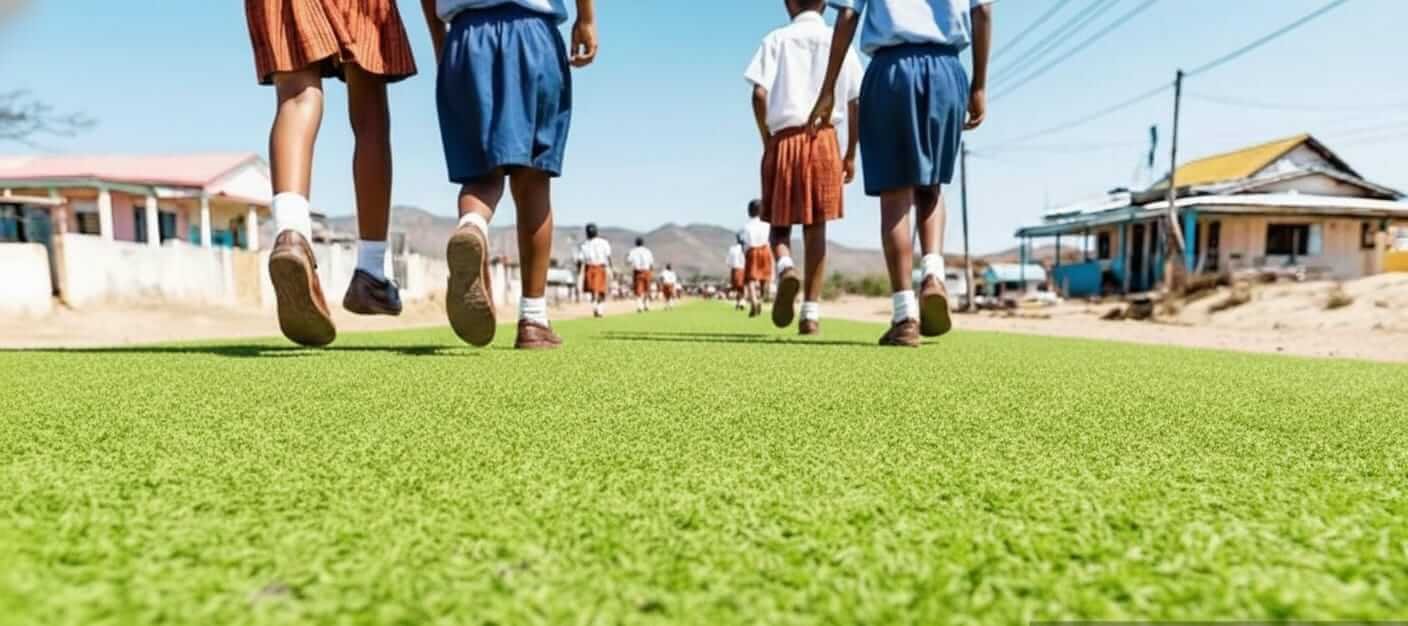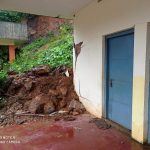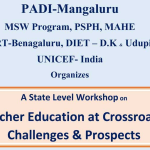PADI – SDMC Trainings
For the last consecutive 3 years Padi has been involved in conducting SDMC (School Development Monitoring Committee) training programmes. This year too the Govt. had
PADI – Training and Exposure
Under this programme a team of 8 teachers had been to Araville in the month of February 2007 to study Isai Ambalam School Education system
PADI – Primary Education
Creative teaching and child friendly teaching is what is most needed in the process of imparting education for the present generation of children. Children’s reasoning
PADI – Aims of Education
Child-Centered and not merely teacher-oriented in its methodology, in planning and in implementation. Content- oriented to values every lesson and every subject be taught with



